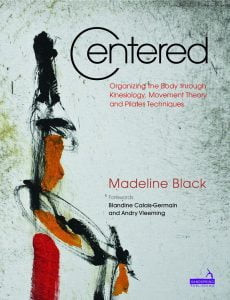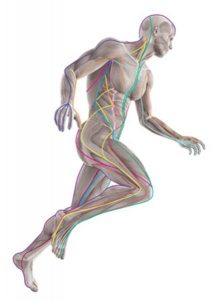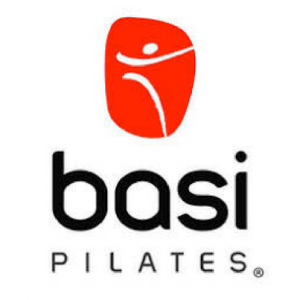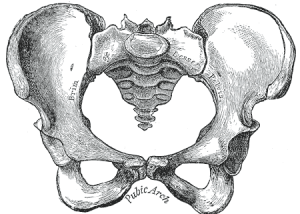Join Women’s Health and Wellness expert Michelle Lyons  for this one day workshop where we will explore the anatomy, physiology and biopsychosocial issues that peri-menopausal women face.
for this one day workshop where we will explore the anatomy, physiology and biopsychosocial issues that peri-menopausal women face.
If you work with women aged 35+ this is not to be missed.
Do you know the specific health issues in peri and post-menopause issues that women face? Bone health? Pelvic Health? Brain Health? Heart Health?
Do you know how to prescribe exercise to to help balance hormones?
Do you know the precautions and contra-indications to do it safely?
Did you know that according to the Irish Dept of Health & Children, around 260,000 women in Ireland are going through the menopause at any one time.
We’ll have plenty of time for discussion, questions (and answers!) and movement prescriptions, demonstration and participation.
After request from participants on previous workshops, we’re delighted to welcome Michelle Lyons, Women’s Health Integrative Physio and co-founder of the Women’s Health Physiotherapy Group back to the studio to teach this workshop.
This workshop is for therapists and movement professionals with an interest in learning about and deepening their understanding of working with peri and post menopausal women for their own personal education and exploration.

 Growing older does not have to mean giving up on an active lifestyle for your older clients.
Growing older does not have to mean giving up on an active lifestyle for your older clients.
 concept in relation to body-minded movement. The course is filled with functional anatomy, movement relevant information and practical applications that not only sound good on paper, but also work well in real life. Anatomy Trains in Motion lies the foundation for the Slings Myofascial Training education.
concept in relation to body-minded movement. The course is filled with functional anatomy, movement relevant information and practical applications that not only sound good on paper, but also work well in real life. Anatomy Trains in Motion lies the foundation for the Slings Myofascial Training education.

 develop compensation patterns. It then interrupts poor neuromuscular patterns and delivers a systematic method to reawaken muscles that have become confused and switched off.
develop compensation patterns. It then interrupts poor neuromuscular patterns and delivers a systematic method to reawaken muscles that have become confused and switched off. will be with us in Dublin in November 2017 to teach a Hanna Somatics Fundamentals Immersion Course.
will be with us in Dublin in November 2017 to teach a Hanna Somatics Fundamentals Immersion Course. clients who have injuries, physical limitations, or movement dysfunctions. Focusing primarily on the cervical and lumbar spine, shoulder, hip, knee, ankle and foot, the course covers functional anatomy, biomechanics and a review of current literature. Specific injuries and pathologies, such as disc disease, post-surgical conditions, rotator cuff syndrome, tendinopathies and osteoarthritis, are examined. Students learn about precautions and/or contraindications for these conditions, as well as exercise options and modifications to the original BASI Pilates repertoire. Course participants learn safe ways to work with clients who suffer from some of the most commonly encountered pathologies and injuries, via lectures, discussions, demonstrations and practice.
clients who have injuries, physical limitations, or movement dysfunctions. Focusing primarily on the cervical and lumbar spine, shoulder, hip, knee, ankle and foot, the course covers functional anatomy, biomechanics and a review of current literature. Specific injuries and pathologies, such as disc disease, post-surgical conditions, rotator cuff syndrome, tendinopathies and osteoarthritis, are examined. Students learn about precautions and/or contraindications for these conditions, as well as exercise options and modifications to the original BASI Pilates repertoire. Course participants learn safe ways to work with clients who suffer from some of the most commonly encountered pathologies and injuries, via lectures, discussions, demonstrations and practice.